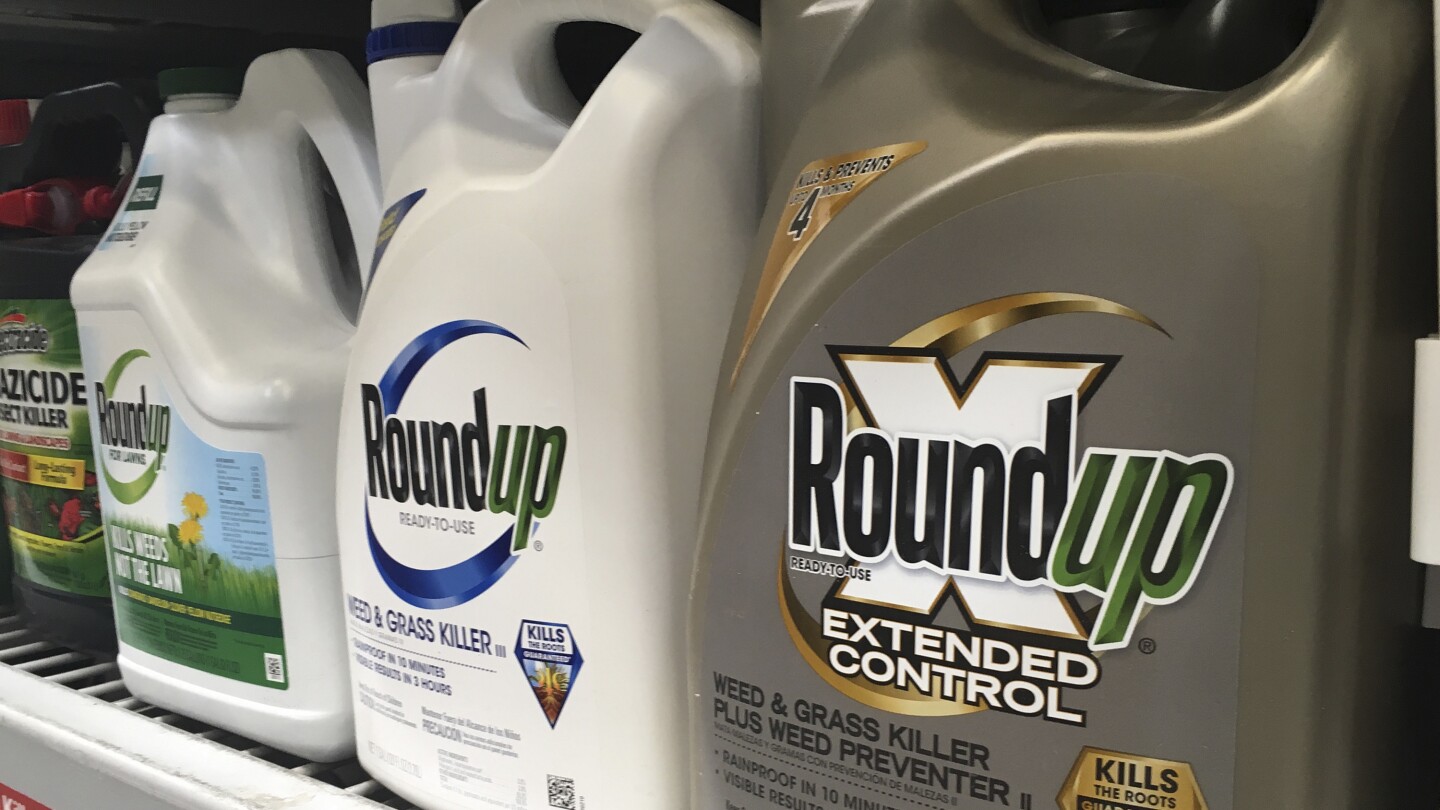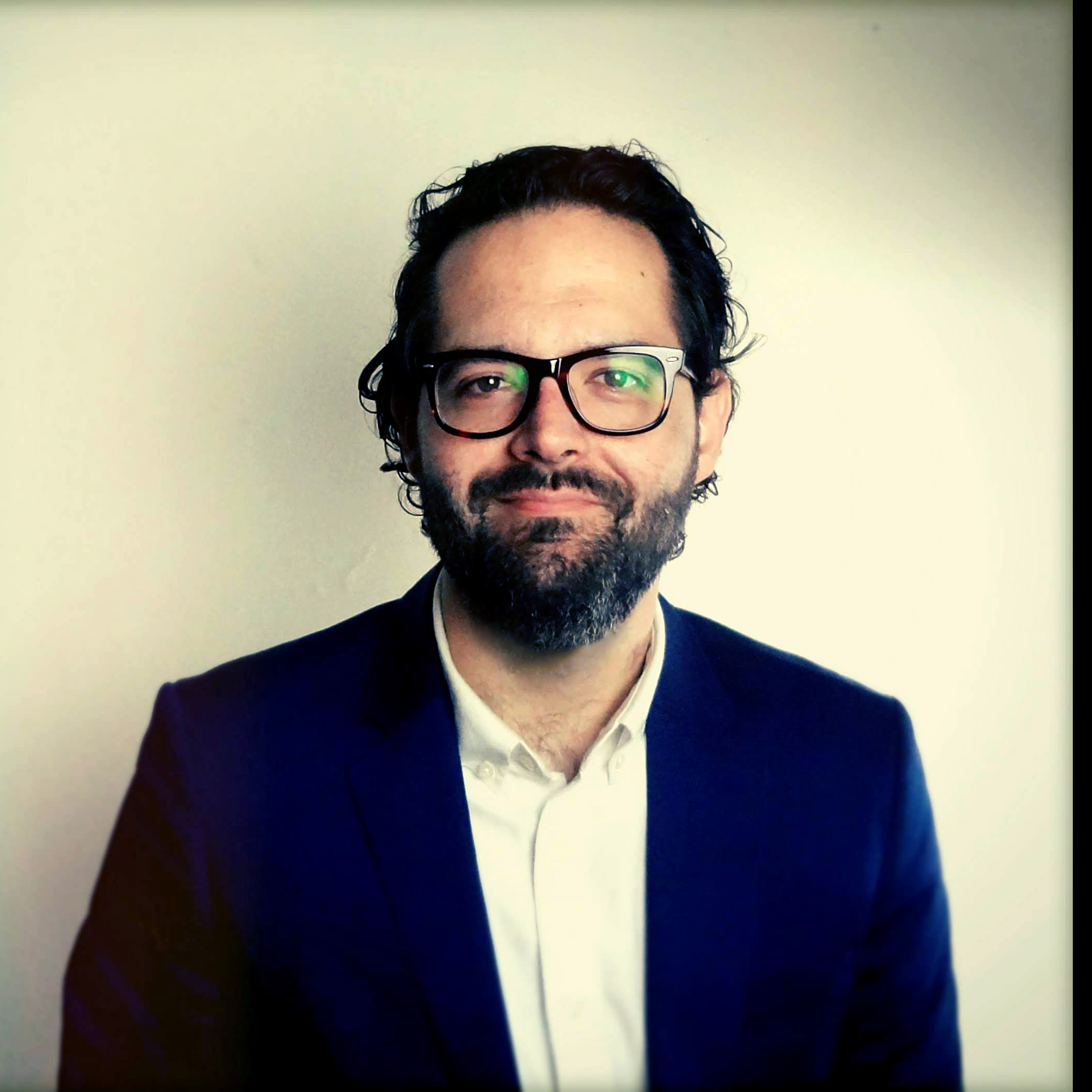The European Commission will continue the use of the controversial chemical herbicide glyphosate in the European Union for 10 more years after the 27 member countries again failed to find a common position for or against a prolongation.
Representatives of EU states were unable to reach a decision last month, and a new vote by an appeal committee was again unconclusive on Thursday. Because of the deadlock, the EU’s executive arm said it will endorse its own proposal and renew the approval of glyphosate for 10 years, with new conditions attached.
“These restrictions include a prohibition of pre-harvest use as a desiccant and the need for certain measures to protect non-target organisms,” it said in a statement.
The chemical, which is widely used in the bloc to the great anger of environment groups, had been approved in the EU market until mid-December.
What a shame… this was the chance to finally get rid of this cancerous herbicide and now we’re stuck with it for another ten years it seems. If you want more information and / or voice your disagreement there is this petition with more than 2.5 million signatures.
They should be reporting on which committee members opposed it and why. What are their backgrounds, I wonder? Any particular industry alliances, etc…?
Jfc
This is the best summary I could come up with:
Over the past decade, glyphosate, used in products like the weedkiller Roundup, has been at the heart of heated scientific debate about whether it causes cancer and its possible disruptive effect on the environment.
The France-based International Agency for Research on Cancer, which is part of the World Health Organization, classified glyphosate as a “probable human carcinogen” in 2015.
The 10-year extension proposed by the European Commission required a “qualified majority,” defined as 55% of the 27 members representing at least 65% of the total EU population of some 450 million people.
Pascal Canfin, the chair of the Environment committee at the European Parliament, blamed the EU Commission president for moving forward despite the stalemate.
“Ursula von der Leyen is therefore forcing the issue by re-authorizing glyphosate for 10 years without any majority, while the continent’s three biggest agricultural powers (France, Germany and Italy) have not supported this proposal,” he wrote on X, the social network formerly known as Twitter.
Greenpeace had called on the EU to reject the market reapproval, citing studies indicating that glyphosate may cause cancer and other health problems and could also be toxic to bees.
The original article contains 651 words, the summary contains 190 words. Saved 71%. I’m a bot and I’m open source!
What’s the role an EU parliament then. The EU commission consists of unelected bureaucrats
Well, member state representatives in the commission are proposed by the Member State government, then auditioned and vetted by the parliament. It’s indirect democracy but they’re not coming out of nowhere.
“Controversial”.
I’m telling you, it’s great and judicious use in land preparation is a very good idea in setting up conservation agriculture systems.
It’s got to be the least harmful pesticide of any sort, it is very peculiar how it has been singled out over the years.




